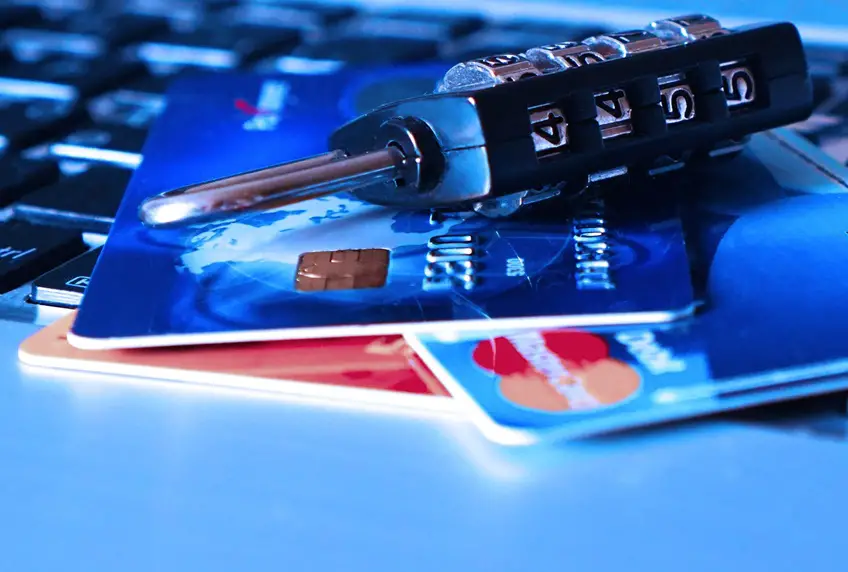When you’re running a business, earning the trust of your customers is a number one concern, particularly if they’re buying products from your website. If they don’t trust you, they won’t be willing to put their credit card details into your site and you won’t make any money. You can prove that you’re trustworthy by creating a professional looking website and using a secure e-commerce platform for your transactions but the most important thing that you need to do is protect their information. Making sure that you handle their personal data properly is vital, not only to gain their trust but also to avoid legal troubles. There are a lot of laws around data protection and if you breach any of them, you’ll end up in a very public lawsuit which usually results in you paying a hefty fine and losing all of your customers in the process. These are the steps you need to take to stop that from happening.

1. Create A Plan
Missing even one small piece of data can land you in a lot of trouble so you need to make a plan to make sure you’ve got all bases covered. Make a list of every single piece of sensitive data that you hold about customers and the company itself and start deciding how you’re going to protect each one. Only once you’ve got a full plan written should you start putting it place.
2. Verify Customers
One of the easiest ways for criminals to get their hands on sensitive data is to have you hand it over willingly. To this end, criminals will often get in touch with you over the phone or online posing as customers and try to get information out of you. That’s why it’s important that you verify that people are who they say they are before discussing any details with them. It’s a good idea to use PCI compliant identity verification services on your website which use ID, documents and sometimes even facial recognition to verify that a person is who they say they are. Don’t forget about speaking with customers over the phone either. You need to put a set of security questions in place that you ask customers at the beginning of the call to check who they are. Customers can sometimes be a little frustrated by this but they’ll be fine if you explain that you’re only doing it to protect their information. Make sure that your call centre staff understand the importance of this and don’t skip the questions.
3. Boost Cyber Security

If they can’t get you to give up the information willingly, criminals will attempt to steal it. The easiest way for them to do that is to hack into your computer systems and lift it from there. If you don’t have good security in place, you’re just asking for trouble. Companies often neglect their cyber-security systems because it’s expensive but it’ll end up costing you a lot more in the long run if there is a breach. The other important thing to remember is that you need to update it regularly. Cyber criminals are constantly changing their methods to keep up with new security features so if you don’t update regularly, it’s easy for them to break in.
4. Don’t Forget About Paper Documents
Getting in online is the most likely way that people will try to steal your information but you’re still at risk of a good old fashioned break in. If you’ve got a load of information on paper lying around the office, somebody can easily break in and take it all. It’s easy to forget about paper documents when you’re making efforts to protect yourself online. You need to keep all of that important documentation catalogued and locked away in a safe in the office so nobody can get at it. You should also limit the number of employees that have access to sensitive documents so only those that actually need to use them day to day can get at them. That reduces the risk of any being misplaced or not being put back properly.
5. Back Everything Up
Even if sensitive information doesn’t fall into the hands of criminals, losing it is still a bad thing. You’ll have to inform customers of any lost data, just in case it does end up in the wrong hands because they’ll need to cancel credit cards etc. Losing data will damage the trust that you’ve built with customers and they won’t deal with you again, even if there are no ill effects from the data loss so you need to back everything up.
Looking after sensitive data is one of your biggest priorities so make sure that you’re not neglecting it.
